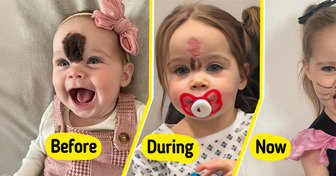First of all that never would have happened, how could you even think leaving your child to please your husband, I would not have gone, poor baby.
My Daughter Wasn’t Welcome on Our Vacation
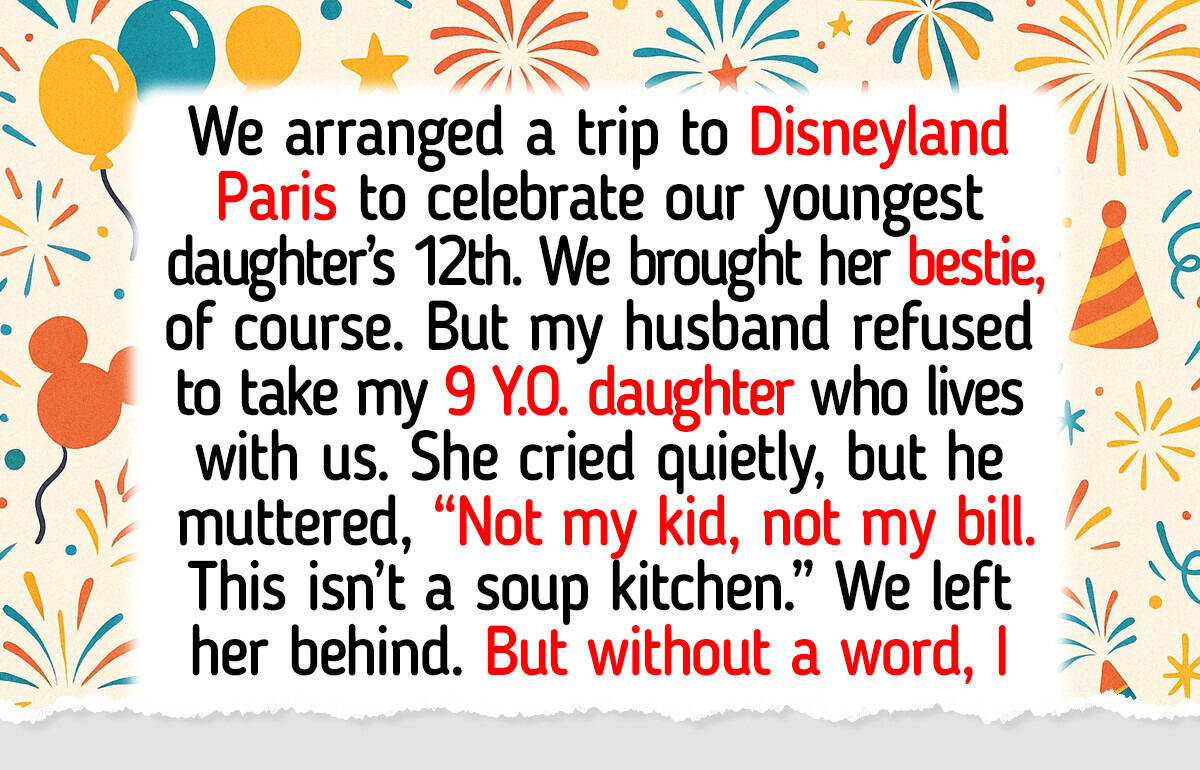
Sometimes the most heartbreaking letters we receive aren’t about grand betrayals or dramatic scandals, but about quiet moments that reveal who we really are as people. Today’s letter comes from Anna, a mother caught between protecting her 9-year-old daughter and preserving her marriage. Her story about a Disneyland trip that went terribly wrong has left her questioning everything about the man she married and the choices she made. It’s a situation that will resonate with many blended families navigating the complex waters of step-parenting, loyalty, and love.
This is Anna’s letter:

Throwaway, because my family’s probably already gossiping.
So last week was supposed to be a magical one. We arranged a trip to Disneyland Paris to celebrate our youngest daughter’s 12th birthday. We brought her bestie, of course. But my husband refused to take my 9 Y.O. daughter who lives with us. Not his biological child—she’s from my previous marriage. But he’s raised her since she was four. She calls him “Dad.” She made him a Father’s Day card. She waits up for him when he’s late from work.
But when I brought up bringing her along, he barely looked up from his phone and muttered, “Not my kid, not my bill. This isn’t a soup kitchen. If her father won’t contribute, I won’t either. I’m not a piggy bank!”
I was stunned. I thought he was joking. I waited for the “just kidding.” It never came.
The day we left, my 9-year-old was sitting by the door with her little backpack packed. She had drawn pictures of Mickey and had even written a list of rides she wanted to try. When we told her she wasn’t coming, she cried quietly, holding onto the strap of her backpack like it was a lifeline.
I tried to convince my husband again, whispering harshly in the hallway, “She’s a child! You’re going to emotionally destroy her over a few hundred euros?”
He scoffed. “Take it up with her real father. If he’s so great, let him take her.”
I couldn’t win. And we left her behind. My mom came over to stay with her and said she barely ate for two days.
But here’s where it gets messy: without a word and secretly, I wired money from our joint savings and booked her and me a Disneyland trip in August. Just the two of us. Same hotel. Same princess breakfast. She deserves it. My husband doesn’t know.

The kicker? He found the receipt in my email this morning and exploded. “You lied to me! You used our money to spoil her while I sacrificed to make this trip happen for our daughter!”
I told him he made his choice. He chose to be cruel, and I chose not to be. He said I “undermined his authority” and “played favorites.”
I told him point-blank: “She’s nine. And you left her behind like luggage. She’s not your daughter by blood, but she lives with us. If that doesn’t mean something to you, then maybe you’re the one playing favorites.”
Now he’s sleeping in the guest room, and his mother has already called me to say I’m manipulative and “trying to buy love from a child that isn’t even his.”
I’m torn between guilt and fury.
Am I in the wrong for going behind his back and booking the second Disneyland trip for my daughter? Or is he just heartless, and I’m finally seeing it?
Anna, You Protected Your Child When No One Else Would

Anna, we need to start with this: you are not wrong for putting your 9-year-old daughter first. When your husband looked at a child who calls him “Dad” and said “not my kid, not my bill,” he showed you exactly who he is. This wasn’t about money—it was about power and cruelty disguised as practicality. You describe a little girl who waits up for him, makes him Father’s Day cards, and sees him as her father. His rejection wasn’t just financial; it was emotional abandonment of a child who trusted him completely.
The image you painted of her sitting by the door with her packed backpack, clutching pictures of Mickey Mouse, will haunt anyone with a heart. She didn’t understand why the man she calls “Dad” suddenly decided she wasn’t family enough to join a family trip. Your husband created that pain, not you.
Your Secret Trip Was About Repair, Not Revenge
Yes, you went behind his back, and we understand why you feel conflicted about the deception. But Anna, sometimes protecting our children requires us to work around the adults who should be protecting them too. Your August trip wasn’t about undermining his authority—it was about trying to heal the wound he inflicted on a 9-year-old who didn’t deserve it.
His accusation that you’re “buying love” from a child reveals how little he understands about parenting and love itself. You weren’t buying anything; you were showing your daughter that she matters, that she belongs, that someone will fight for her when others won’t. That’s not manipulation—that’s motherhood at its most essential.
The Real Issue Isn’t Money—It’s Character
Anna, your husband’s explosion about the secret booking is telling you everything you need to know. He’s not angry about the money or even the deception. He’s angry that you refused to let him exclude your daughter without consequences. His mother’s call about you being “manipulative” shows you where he learned this behavior—this is a family pattern of choosing sides and excluding the inconvenient.
The hardest truth we have to share is this: a man who can look at a child who loves him and reduce her worth to a dollar amount isn’t going to change. You’re not seeing his true nature for the first time—you’re finally admitting what you’ve probably noticed before. The question isn’t whether you should have booked that trip. The question is whether you want your daughter growing up in a home where her worth is constantly questioned by someone who should love her unconditionally.
Anna, you find yourself torn between guilt and fury, but we hope you’ll choose clarity instead. Your daughter will remember who stood up for her when it mattered most. She’ll remember who made sure she knew she belonged. Years from now, she won’t care about the financial details or the arguments—she’ll remember that when one parent figure abandoned her, her mother fought to make it right. That’s not something to feel guilty about. That’s something to be proud of.
Blending families often brings complex emotional terrain, and it’s clear that you’ve invested a great deal of heart into navigating it. Building and healing relationships within such a dynamic requires not only patience and compassion but also a shared commitment to grow together. If you’re looking for guidance on managing similar family situations, this article may offer some valuable perspective.
Comments
Related Reads
10 Fascinating Stories That Seem Like Movie Plots, but Are Actually True

14 People Who Faced Hard Truths in Unexpected Ways
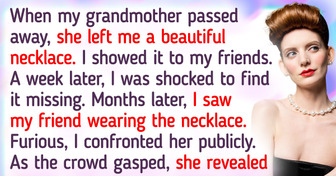
Rare Drone Shots Reveal Remote Tribes Completely Detached from the Modern World

We Imagined 13 Late Celebrities in the Present Day — and Some Results Are Truly Curious
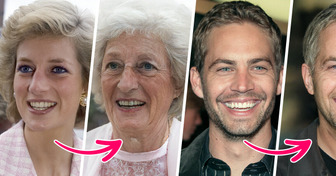
12 Unexpected Discoveries Made by People Who Came Home Early

Baby Girl With a Rare Smile Grew Up — What She Looks Like Today Will Leave You Speechless
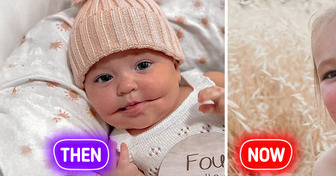
10 Common Fashion Mistakes That Secretly Age You

15 Celebrities Who Shine On The Red Carpet But Are Shockingly Normal in Real Life

15 Celebrities Whose Transformations Over the Years Are Truly Dramatic

17 Сelebrity Сhildren Whose Looks Are Just as Striking as Their Star Parents
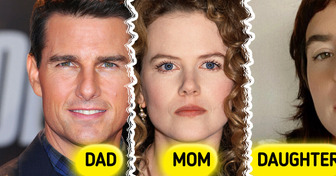
My MIL Kicked Us Out After Pregnancy News—Then I Revealed the Truth
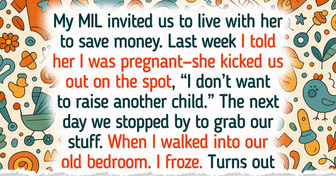
“We Got Stares,” Parents Chose to Remove Their Daughter’s Rare Birthmark to Prevent Teasing
